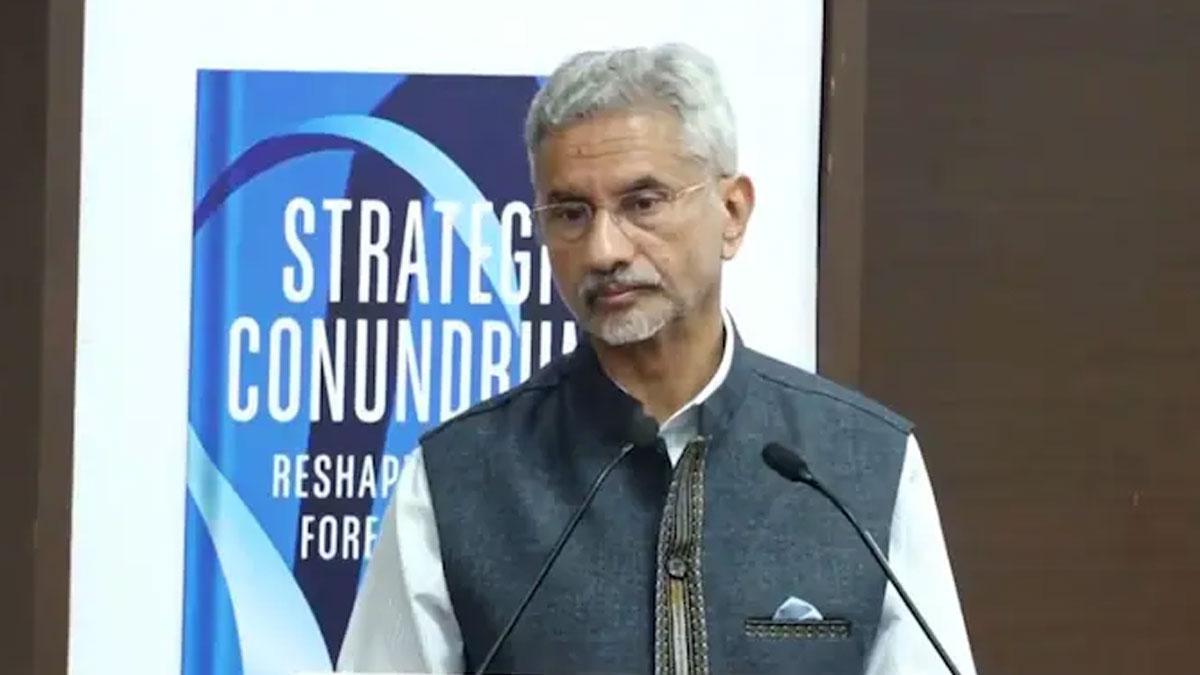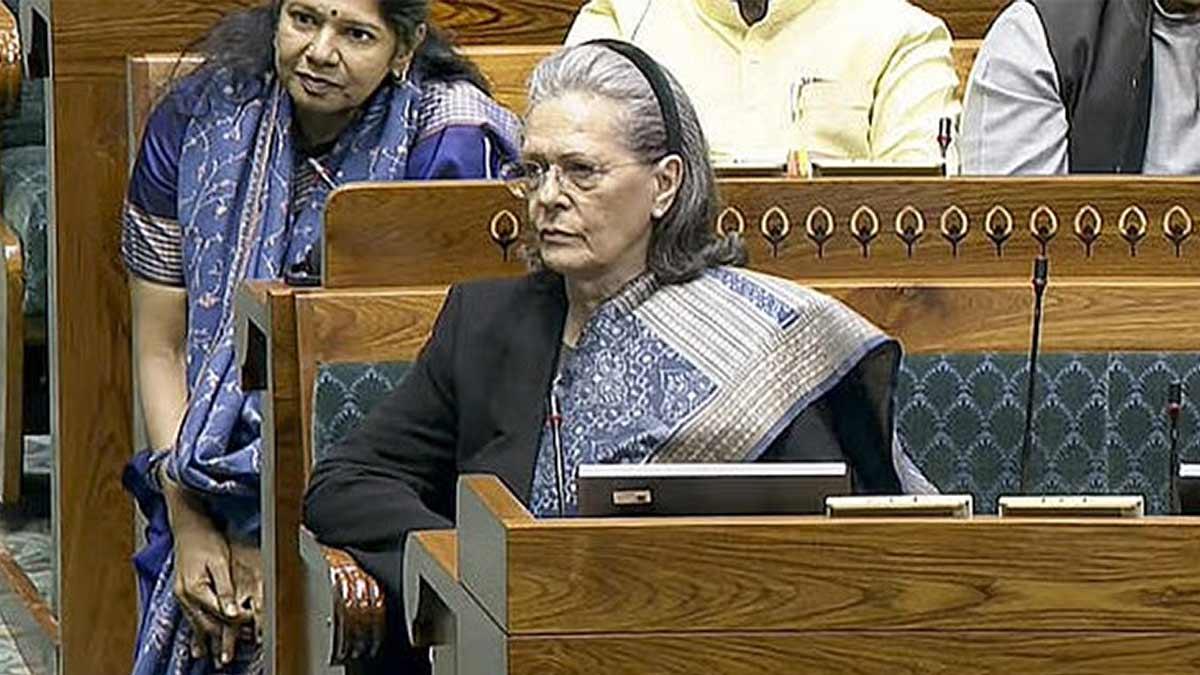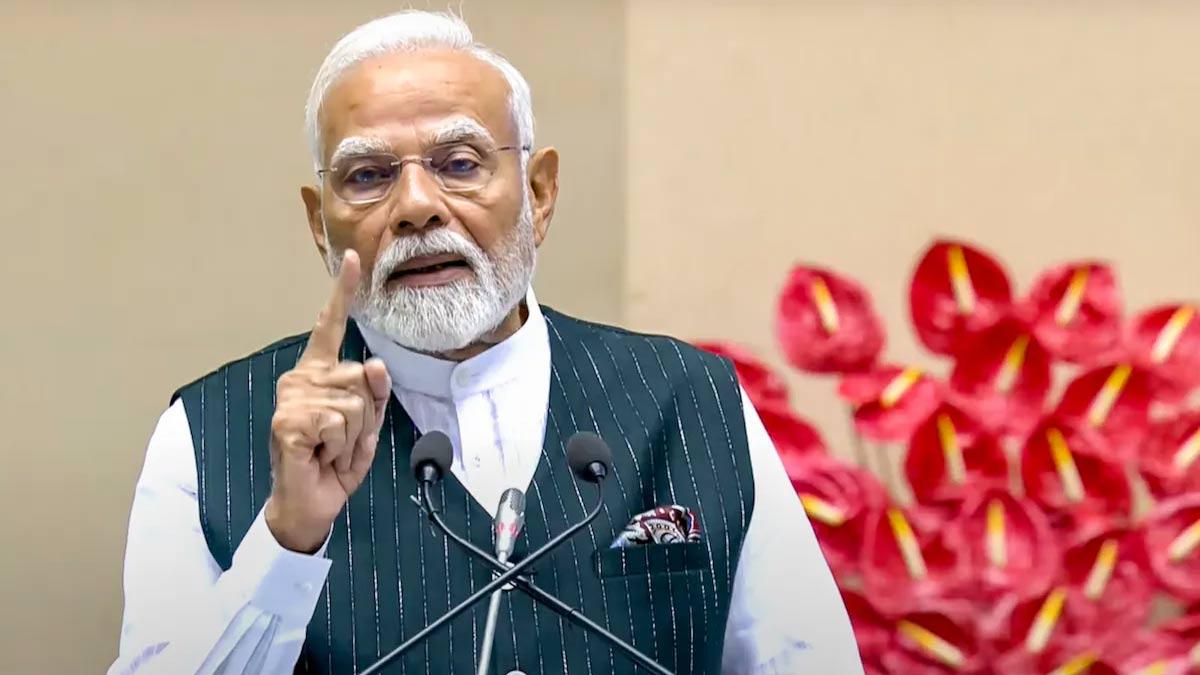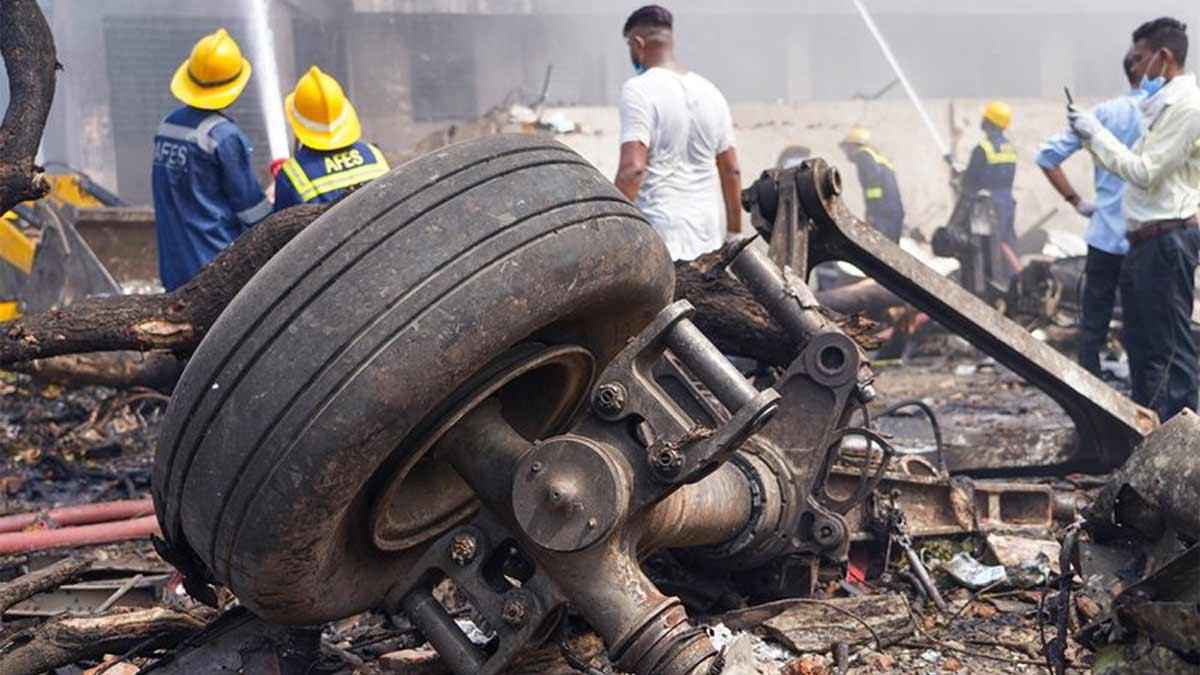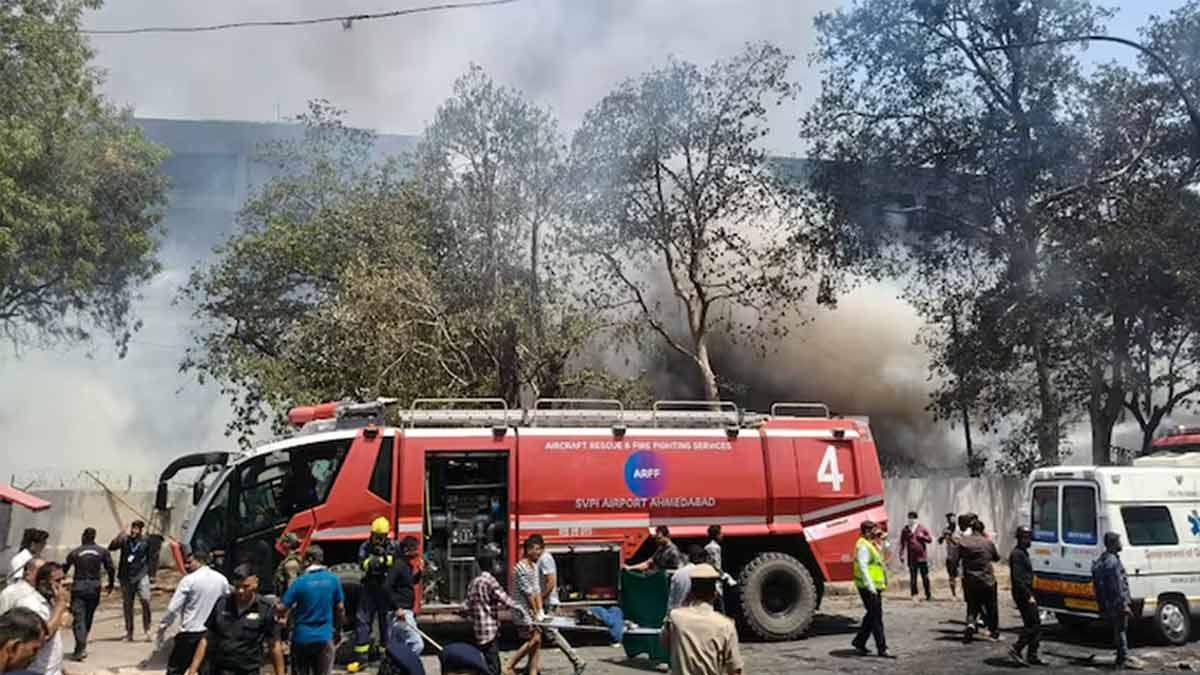External Affairs Minister S. Jaishankar has signaled a notable shift in India's approach to Pakistan, declaring that "the era of uninterrupted dialogue... is over." However, he also affirmed that New Delhi remains prepared to respond to any developments from across the border, whether they are positive or negative.
During a private event in Delhi this week, Jaishankar issued a strong warning to Pakistan and those within the country who support terrorist activities against India, stating, "actions have consequences." When asked about the future of relations with Pakistan, he questioned, "What kind of relationship can we contemplate with Pakistan?"
In response to suggestions that India might be satisfied with the current state of the relationship, Jaishankar said, "Maybe yes, maybe no... but what I do want to say is that we are not passive, and that whether events take a positive or negative direction... either way we will react."
India's relationship with Pakistan remains highly volatile, with frequent flashpoints over border disputes in Jammu and Kashmir. New Delhi has consistently raised concerns about Pakistan’s support for cross-border terrorism, highlighting these issues in both bilateral and international forums.
In March, during a visit to Singapore, Jaishankar criticized Pakistan's "almost industry-level" sponsorship of terrorism, asserting, "India will not skirt this problem..." He elaborated on the difficulty of engaging with a neighbor that uses terrorism as a tool of statecraft, noting that it is not an isolated issue but one of sustained, industrial-scale activity.
Jaishankar emphasized that while New Delhi remains open to constructive dialogue to resolve disputes, it cannot be at the expense of enduring terrorist attacks against India and its citizens. "I don't have a quick instantaneous fix... but what I can tell you is that India will not skirt this problem anymore. We are not going to say, 'Well, that happened and (now) let's continue our dialogue'... we should not give the other country a free pass," he stated in Singapore.
Earlier this year, Jaishankar reaffirmed India's zero-tolerance policy towards cross-border terrorism, making it clear that New Delhi would not overlook any terror attacks. "In this country, I think tolerance for any kind of cross-border terrorism is very low... there will be consequences. That is the message of Balakot," he said, referring to a precision strike by Indian forces on a terror training camp in Pakistan following an attack that killed 19 soldiers.
Jaishankar's remarks on dialogue with Pakistan come as Jammu and Kashmir is preparing for its first Assembly election in a decade, set to begin on September 18 and take place over three phases.
Ahead of the elections, mainstream regional parties such as the National Conference and the People's Democratic Party (PDP) have expressed support for resuming dialogue and diplomatic relations with Pakistan. PDP’s manifesto under ex-Chief Minister Mehbooba Mufti includes advocating for "diplomatic initiatives between India and Pakistan, emphasizing conflict resolution, confidence-building measures, and regional cooperation," as well as promoting "trade and social exchange."
The National Conference, led by former Chief Minister Farooq Abdullah and his son Omar Abdullah, who is also a former Chief Minister, has allied with the Congress and similarly calls for dialogue with Pakistan.
These positions have drawn criticism from the Bharatiya Janata Party (BJP), with Home Minister Amit Shah questioning whether Congress and its leader Rahul Gandhi support "nurturing (of) terrorism and its ecosystem... (as a result) of the NC's wish..."

